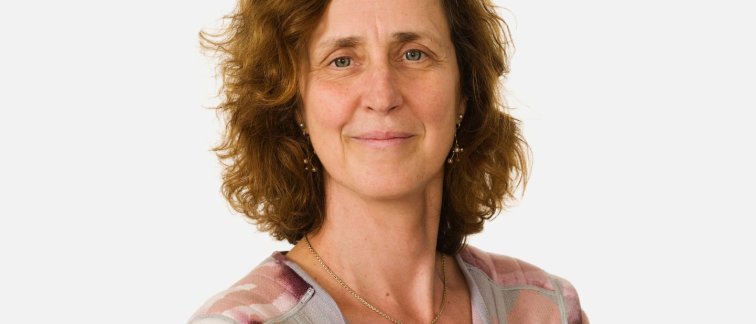Since 1981, the Dutch Society for Immunology (N.V.V.I.) has awarded the van Loghem oeuvre award in recognition of the outstanding work of one of its members. In 2021, 40 years after the first award ceremony, Reina Mebius, Director of the Amsterdam Institute of Infection and Immunity and Professor of Molecular Cell Biology and Immunology, had the honour of receiving this award and presenting her work. The lecture she has given is called: Micro-environment matters. In honour of this award ceremony, we interviewed Reina about the van Loghem oeuvre award and her work as a researcher.
The van Loghem oeuvre award
When we ask Reina what this prestigious award exactly entails, she explains: “This award is given to honour someone’s research work in Immunology. It is an oeuvre award. Therefore, it allowed me to present the work performed in the last 30 years within my lab, starting from my own PhD until now.”
Stepping back in time and explaining her whole research story in front of a group of people was something Reina greatly enjoyed: “It was nice to give an overview of where my work started as a PhD student, and how this brought me to Stanford University, which opened my scientific world. It brought me in contact with many international scientist and gave me a network that I could build on for the rest of my scientific career. So being able to share my scientific journey was really fun.”

humanized 3D models of i.e. lymph nodes that will allow us to mimic disease processes and drug targeting.”
Research findings, challenges, future, and advice
We also go back in time with Reina and ask her what her most profound research outcome has been in the past 30 years: “The discoveries that we understood the different phases on lymph node development and how this is a process that seems pretty universal also for the generation of tertiary lymphoid structures during pathogenesis. Thus with this information we could formulate that the essential steps for lymph node formation are: cell attraction, cell retention and cell survival. ”
However, within Reina's field of research, challenges regularly present themselves, the greatest for her is obtaining enough research material to carry out meaningful experiments. “The greatest challenge in my field of research is to obtain enough material for performing meaningful experiments. If it concerns clinical/human samples, being in a preclinical lab you are further removed from the clinical samples than when you are positioned in a clinical based lab.”
In the future, Reina dreams of making humanized 3D models: “My future-focus will be on the creation of humanized 3D models of i.e. lymph nodes that will allow us to mimic disease processes and drug targeting.”
A word of advice from Reina to young researchers who aspire to become professors: “Make international connections and create a network within the field of your expertise. Collaborate with various different expertise’s, as connecting different expertise’s can result in big steps forward”.
Text: Esmée Vesseur

